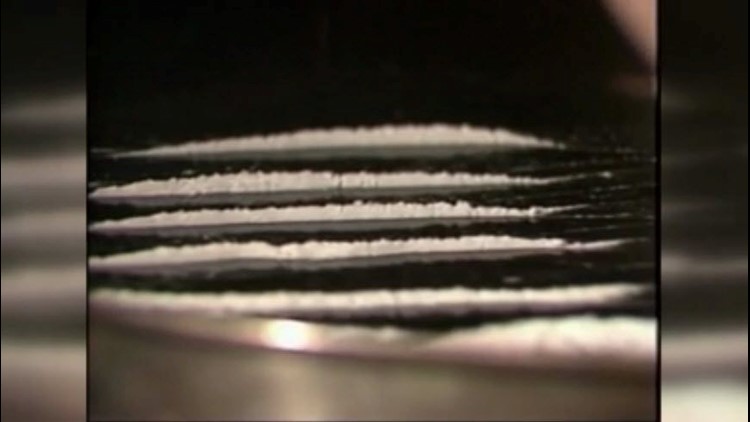By JOHN SEEWER
Associated Press
TOLEDO, Ohio (AP) - Ohio lawmakers are moving quickly to override a state Supreme Court ruling that prosecutors fear could delay and shorten sentences for suspects caught with cocaine.
The state Senate is expected to take up the legislation that deals with the weight of the cocaine in drug cases after lawmakers in the House unanimously approved the proposal this past week.
It would allow sentences to be based on the entire weight of the cocaine, including filler material such as baking soda, instead of the amount of pure cocaine.
The Ohio Supreme Court in late December ruled that the sentences must be based on how much pure cocaine the suspects had.
The state Attorney General's office says only two states, New York and Georgia, require purity tests for cocaine in some cases.
The state says Ohio would need to create an entirely new system to test cocaine, which would delay prosecution and require tremendous investment, if the ruling is allowed to stand.
It would cost more than $1 million to update the state crime labs and cover the costs of training and supplies within the first year, the attorney general's office said.
The state Senate is expected to act quickly on the proposal, which includes an emergency clause that would allow it become law as soon as Gov. John Kasich signs it.
State Rep. Bob Cupp, a former Ohio Supreme Court justice who sponsored the legislation, said the court's ruling would mean more sentences of probation for people caught with cocaine.
"Left unchanged, this incentivizes drug traffickers to possess and transport larger quantities of cocaine," said Cupp, a Republican.
The case stems from a 2012 drug sting near Toledo that netted an 11-year sentence for a man convicted of buying more than 100 grams of cocaine from an undercover informant.
Rafael Gonzales, of Fremont, was convicted and sentenced to 11 years in prison because he had bought more than 100 grams of what was said to be cocaine from an undercover informant.
But prosecutors never tested it to determine how much pure cocaine was purchased, his attorney, Andrew Mayle, argued, noting the difference could be 11 years in prison versus just one year.



